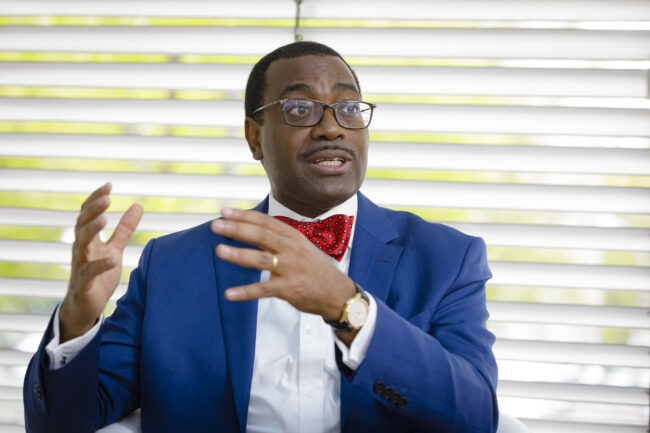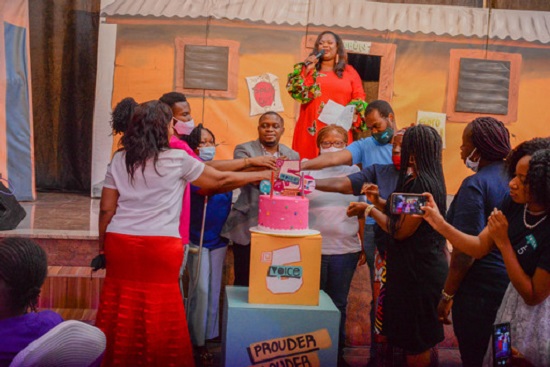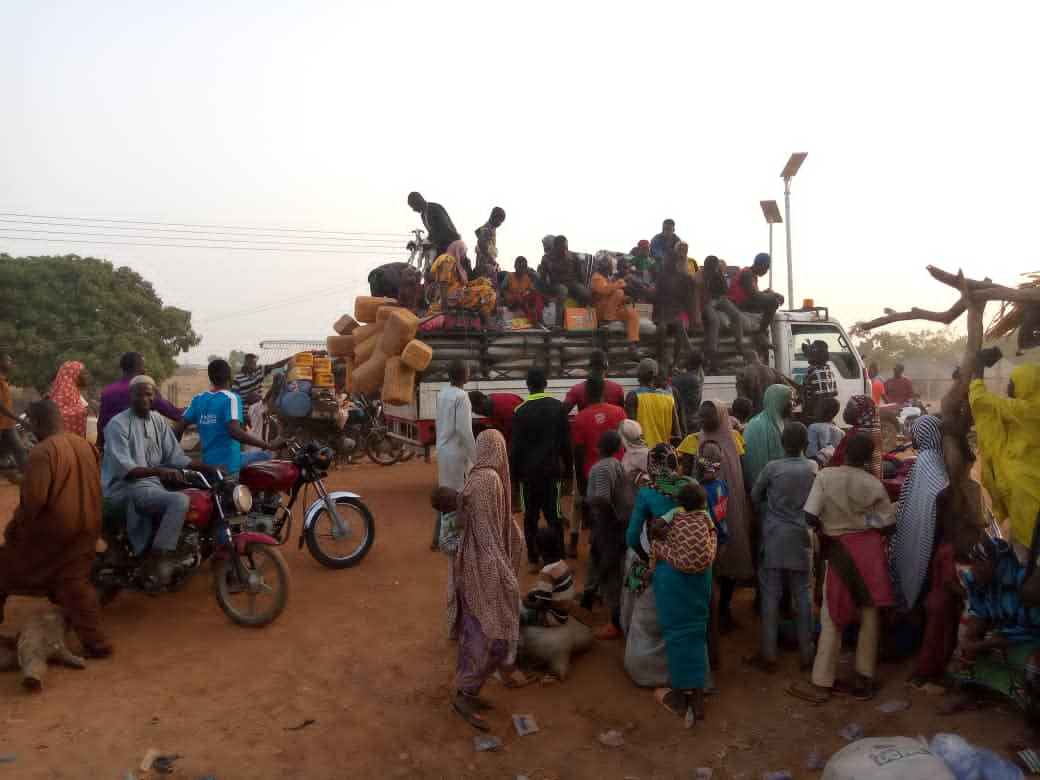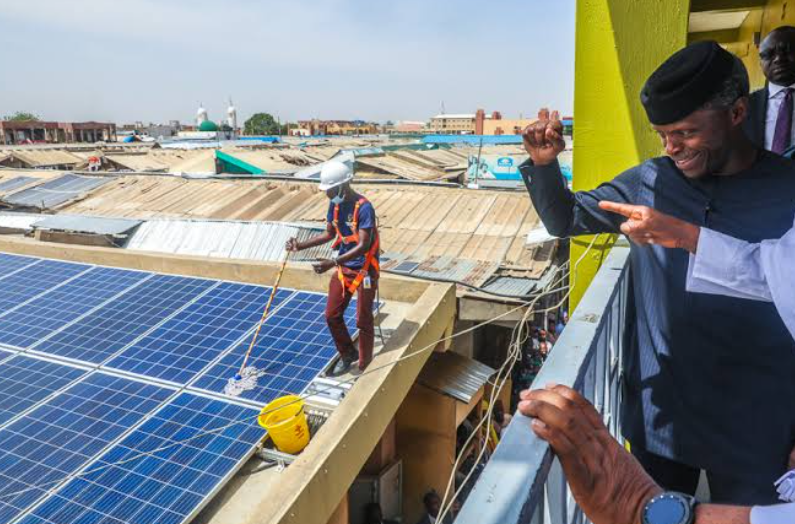BY OLUSOLA OWONIKOKO
Before the pandemic, studies revealed a disability employment rate gap of 28.1%. That is, while the employment rate for disabled people of working age was 54.1%, the figure was 82.2% for non-disabled people. A wide margin of 28.1%.
According to the same study, disabled people were twice likely to be laid off from work due to the pandemic compared to their non-disabled counterparts.
In the last two decades, we have made giant strides in the fight to close the employment gap for People with Disabilities (PwDs). For instance, the employment rate gap for PwDs stood at 40% in 1998. But thanks to the efforts over the years, that figure has dropped drastically. There were speculations that the gap will narrow into one digit in the next few years. However, the pandemic is threatening to roll back these hard-won gains.
In March 2021, the UK-based Disability Commission warned that the disability employment gap is widening fast due to the pandemic. That’s not a surprise to me.
Advertisement
Working with PwDs in the last six years has opened my eyes to the dense inequalities in employment, education, and the chances that these people have for a better life.
In a world designed for the two-handed, the one-handed must grapple with menial challenges to get by. In a world designed for the sighted, the visually impaired must make do with the crumbs of opportunities society throws at them once in a while. In a world designed for the cognitively sane, people living with psychological disorders are left with opportunities that offer them no means of expression.
It’s a tough place to be and any effort to empower PwDs with life skills that enable them to compete in the conventional world is welcome. But with the pandemic, there more work to do.
Advertisement
From my experience, grassroots efforts are necessary. But sustainable change can only be effected at the policy level. This is why I concur with some of the recommendations made by the Disability Commission—an independent body financed by the Centre for Social Justice.
In its recent report, the DC posited that we can only close the employment rate gap by:
- Increasing supported routes into employment
- Introducing mandatory employment and pay gap reporting
- Leveraging government procurement
- Including work experience for disabled pupils
- Reforming the government’s Disability Confident scheme
- Reforming the Access to Work scheme
While some of these recommendations are specific to the UK, I believe there are lessons for Nigeria here.
For instance, mandating workforce reporting will be a big win in the struggle for better employment opportunities for PwDs. “Employers with more than 250 employees should be mandated to report the proportion of their workforce that is disabled.” They should also report the existing pay gaps between their disabled and non-disabled workforce.
Advertisement
In a largely unregulated work climate like Nigeria’s, compliance will be arduous. But it’s possible. With the right mechanisms and systems, we will not only source these precious data from employers of labour but also help to increase supported routes into employment for PwDs.
Until we address this employment disadvantage, PwDs will continue to suffer financial hardship, social exclusion and slimmer opportunities for a normal life.
When we empower PwDs, we are neither doing them a favour nor performing a religious obligation. Rather, we are allowing our nation to gain from the talent, skills and experience of a largely neglected sector of our population.
We should stop assuming that we understand their needs. Rather we must involve them in the discourse; ensuring they are leading and driving the conversation from top to bottom.
Advertisement
Transforming Nigeria is a labour intensive project. Therefore, we need all the hands we can get. Else, we will keep running at half capacity.
Owonikoko is a serial entrepreneur and a trained international development practitioner who has worked on projects by USAID, Sightsavers, World Bank. He tweets @SolaOwonikoko.
Advertisement






